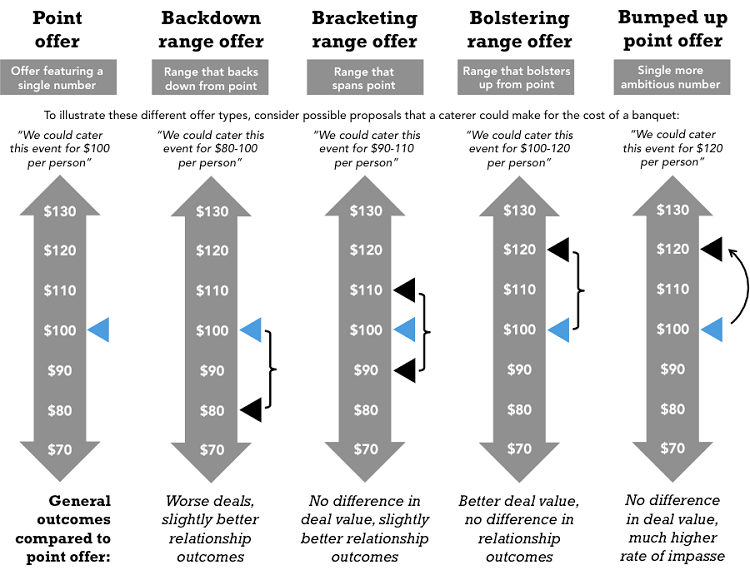Each year, the Ministry of Education publishes the Graduate Employment Survey for each of Singapore’s universities: National University of Singapore (NUS), Nanyang Technological University (NTU), Singapore Management University (SMU), Singapore University of Technology and Design (SUTD), and Singapore Institute of Technology (SIT). The university of the Singapore Institute of Management (UniSIM), which has been renamed Singapore University of Social Sciences (SUSS), will be included in future years.
The survey gathers data from the previous year’s graduates for each faculty (with extensive data on each faculties courses) on the overall employment rate, full-time employment rate, basic monthly salary (mean and median), gross monthly salary (mean and median), and the 25th and 75th percentile for the gross monthly salary.
The survey results for each year are available on the Ministry of Education’s website (for NUS click here) (Google “Graduate Employment Survey” for other universities) - all are also available on the governments data and statistics website (click here).
The Ministry of Manpower also publishes this information in graphical format - click here.
Importance of this information during the job search
This information is important for fresh graduates to have to hand during their job search process, especially at interview. One of the strongest complaints that hiring managers have is the unrealistic salary expectations of fresh graduates and this marks them as uninformed – i.e. they did not do their research before the interview. Most hiring managers will not hire a candidate they deem as uninformed. Unrealistic expectations is also one of the reasons that a minority of graduates are not yet employed more than six months after graduation.
Armed with the most recent information on salaries for graduates from their university and course, fresh graduates can make realistic salary demands that will neither rule them out of the competition for being too high, nor be unfair to themselves by requesting too low a salary. Knowing the mean and medium salary bands, and the 75th percentile, for the previous year’s graduates allows them to negotiate a fair salary for themselves.
So what does the survey results show?
The main good news in the survey results is the fact that nearly 90% of the 2016 fresh graduates have secured a job within six months (the figure is highest for SMU graduates at 93.8%), proving that the vast majority of graduates express more realistic expectations to employers in terms of the salary and other conditions they are looking for.
The results also show that there has been a decrease of nearly 3% in the number of those securing permanent full-time jobs at 80.2% (down from 83.1% in 2015), but this is largely offset by the increase in numbers of those going freelance or into the ‘gig economy’, a recent trend demonstrated throughout the labour market in general.
The survey also revealed that the mean gross monthly salary for 2016 graduates who secured permanent full-time jobs rose to SGD $3515 from $3468 for the previous year’s graduates – a rise of 1.36%. As in previous years, SMU graduates in permanent full-time jobs secured a higher mean gross monthly salary of $3722.
But still do your research
Fresh graduates should not just rely on the summary data on graduate pay published by the newspapers and other sources – this provides a too general data to be useful in the job search. Instead they should go to the Ministry of Education’s website (Google “Graduate Employment Survey” for the relevant year) and look at the individual results for their university by faculty and specific degree. It is here that they will find the mean and median basic and gross monthly salaries, and the 75th percentile, from the previous year that they can use to realistically negotiate a fair salary for themselves.







